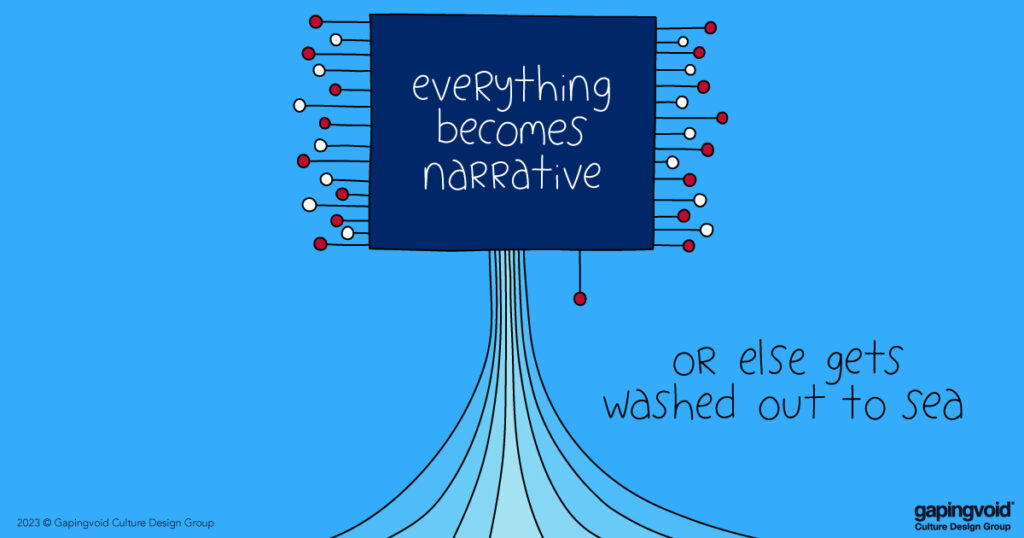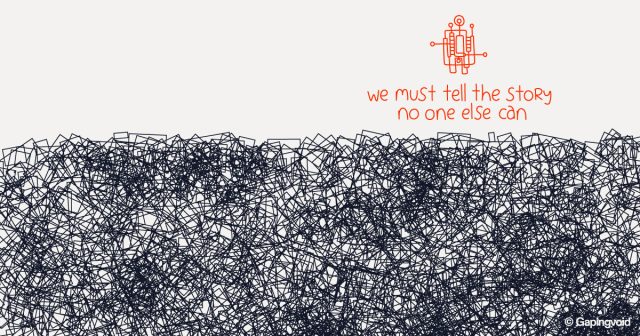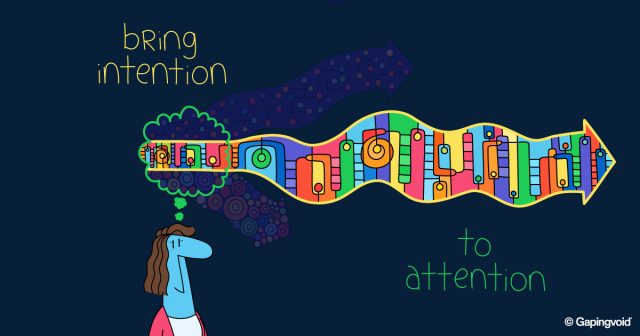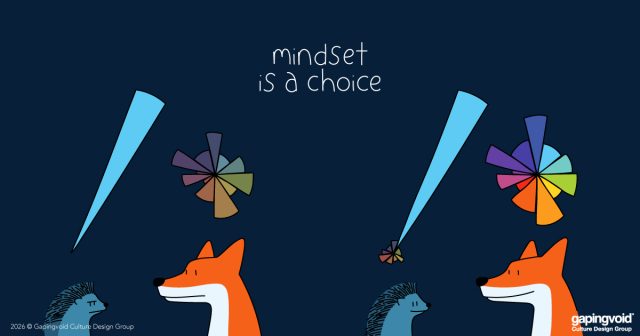
On the 4th of July in the United States, we are awash with red, white and blue pieces of cloth everywhere. It happens every year, without fail. If you were an alien from outer space observing this, you’d ask yourself, what’s up with this? What’s the story?
“Story” is the story, funnily enough.
There is a terrific article over on Bloomberg, “Your Nation Is Its Story, For Better or Worse,” written by Andreas Kluth. He starts off the article with a very lucid insight.
“Ukrainian President Volodymyr Zelenskiy is, among other things, one of the world’s most gifted storytellers. And I mean that in the best sense. Coming from a Jewish family and speaking Russian as his first language, he knows as well as anybody that Ukrainian-ness is a fraught identity, and a work in progress. But the same is true of other nationalities too — all others […]. National character, it turns out, ultimately rests neither on ethnicity nor on language, but on narrative. Zelenskiy understands that.”
And many Americans do too. Your ancestors may have come from, say, India, and your spouse’s ancestors Ireland, and most people wouldn’t blink an eye. Both of you are considered every bit as “American” as the other.
Kluth argues that ancestry is not what makes you American. What makes you American is you both identify with the same American “narrative.” There’s a “story” that you both buy into on a personal level, that millions of other strangers (who happen to be American as well) also buy into.
This is nothing new. The first history book ever written was by Herodotus c. 430 BC, who named it “The Histories.” It tells the story of how a motley gang of small, warring Greek city states came together to fight off the massive Persian army.
Before Herodotus and the events described, there was no “Greece.” Just a bunch of interwarring Greek speakers who hated each other’s guts. Then add a common “history” and other mythologies to the mix, especially the Iliad and Odyssey, and suddenly this meta narrative emerges. Suddenly “Greek” means something besides language and location.
The Romans did the same centuries later, with Virgil’s, The Aeneid. The British did too with their stories of the Celts and the Druids, the Roman, Anglo-Saxon, Viking and Norman invasions, not to mention, fending off Napoleon and Hitler. Since then, other stories have been added to the mix, as significant amounts of African, Caribbean, Indian, Pakistani and others have made Britain their home in the last half century.
Regardless of country, “the narrative” never ends. It keeps on morphing.
And there are also counter narratives competing for dominance. If your people came over to America with the Mayflower, your narrative might differ a lot from those whose families arrived in the last ten or twenty years.
Which one is the right one? And why have all these (often conflicting) stories in the first place? Can we not just have the objective facts, and decide for ourselves?
Well, good luck with that one. As Kluth says, “Storytelling, as science has now accepted, is the only way human brains can make sense of a confusing world — both in their own lives and in those of their nations. Narrative, in short, is inevitable.”
Like nations, a business’ existence revolves around the stories it tells both to itself and the outside world. Stories are how the culture self-organizes into something non-transient, something powerful and of lasting value.
And also like nations, that story is not always self-evident. Nobody gets their story for free. You have to fight HARD to create it, and then fight EVEN HARDER to keep it.
July 4th is a compelling narrative for the United States, but we only get to keep it for as long as we keep telling it, to ourselves and to others.



